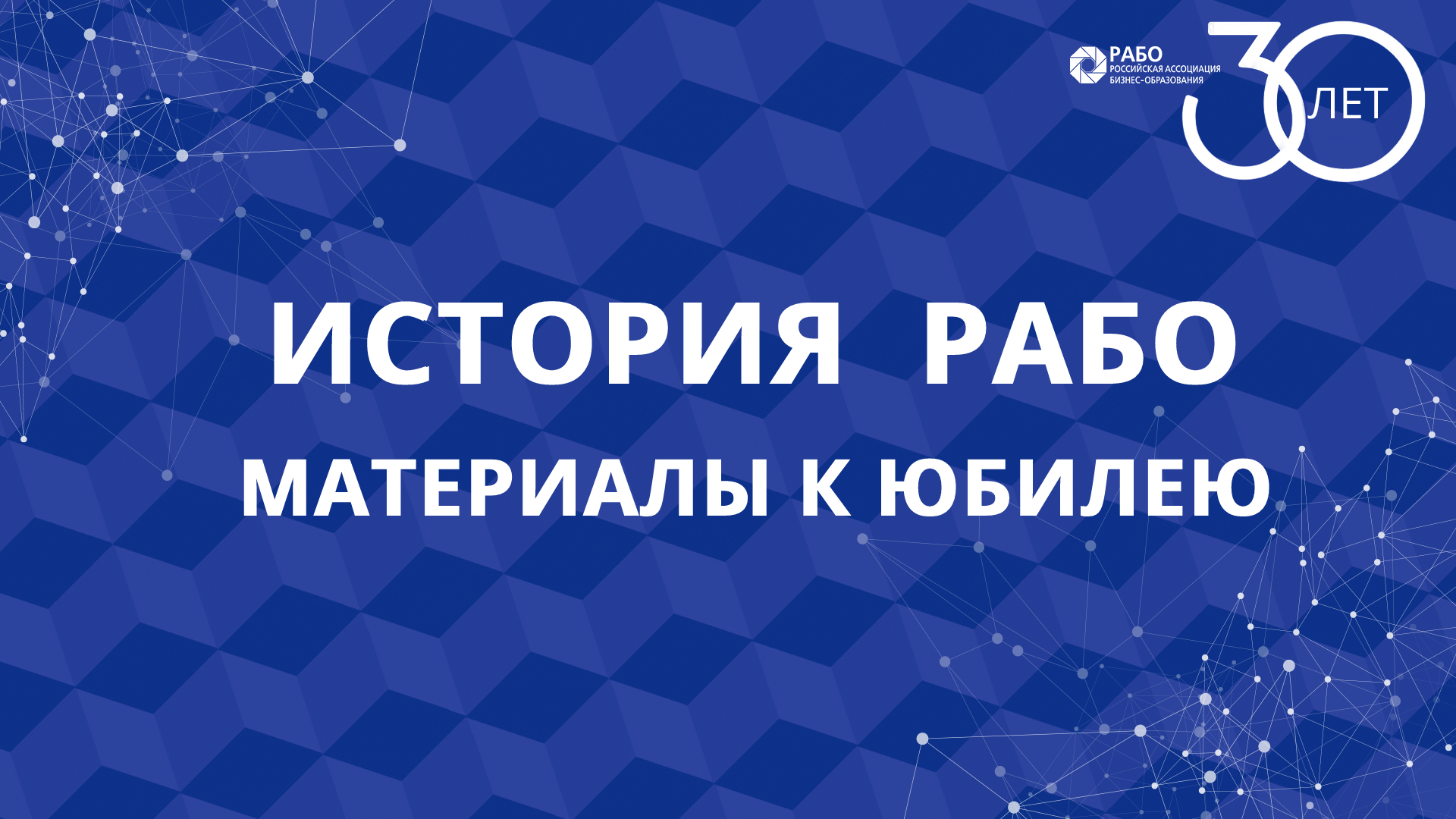Information and communication technologies: principles and perspectives
С открытой датой
Описание мероприятия
Язык обучения: английскийОписание программы
Information and communication technologies (ICTs) are the foundation for virtually all modern computing applications. The creation of such an ICT system raises many complex questions such as how an ICT is used, how an ICT stores data, and how an ICT communicates. Three complementary topics, or elements, concern these issues and form the basis for this course: human-computer interaction (HCI), databases and network technologies.
The main aims of this course are to:
- introduce students to three key, complementary elements of ICTs in an integrated manner
- develop understanding of how ICTs can be designed to be as usable as possible by studying the field of human-computer interaction
- develop understanding of how data can be represented and stored in an ICT by studying the theory and application of databases
- develop understanding of how ICT applications use networking technology to communicate.
Assessment
This course is assessed by a three-hour unseen written examination
Учебный план:
Human Computer Interaction (HCI): This will introduce you to HCI and interactive systems design fr om an ICT perspective and show how issues in HCI are fundamental to good ICT design. It will examine how issues for interactive systems design arise from the psychological, social and organisational context of interaction. Current research issues in HCI will be considered wh ere they impact on the use and future development of ICTs; notably, this will cover issues in mobile and pervasive computing, social media and social networking. In order to design effective interactive systems around these contexts, a detailed review of the tools and techniques for interaction design will be considered, covering usercentred design, prototyping and usability evaluation.
Databases: This aims to provide you with an understanding of the main issues related to data modelling, storage and manipulation as employed in database systems. The subject will mainly focus on the theory and practice of the relational model. It will also discuss challenges of managing databases, and recent and emerging trends in database systems.
Distributed multimedia systems: In ICTs, communication and the media through which it is achieved are fundamental. This element aims to provide you with an understanding of the main issues involved in the digitisation, storage and transmission of digital media to an ever-increasing array of devices via a diversity of communication pathways. The increasingly mobile nature of such pathways leads to the possibility of building contextaware applications and we shall be looking at the challenges and opportunities that such applications provide. Last, but not least, security is an important aspect of networked communication, and we shall also be covering its main principles and safeguards
Результат обучения:
At the end of the course and having completed the essential reading and activities students should be able to:
- describe the increasing role of interactive systems in computing and systems design
- describe the key cognitive, social and organisational concepts that underpin how humans interact with information technology
- discuss various theoretical and practical approaches to HCI
- identify important technology developments in the domain
- show an awareness of the HCI viewpoint that places the user at the centre of the design
- explain and apply a variety of approaches to HCI design, showing an understanding of their benefits and drawbacks within the design process
- apply appropriate user-centred design process and methods (e.g. iterative prototyping, usability evaluation, user centred design) to assess and alleviate any problems their users face
- demonstrate understanding of key concepts and applications associated with the tree-level ANSI-SPARC architecture, DBMS, multi-user DBMS architectures, relational and object-oriented data models
- employ conceptual data modelling techniques for the specification of data requirements and evaluate which are most appropriate to given application problems
- describe key elements of a database language and demonstrate how these are used to manipulate data in a database
- discuss challenges faced in designing and managing databases, including security and transaction management
- demonstrate an understanding of key issues and technologies involved in business intelligence describe the fundamental requirements of a successful distributed multimedia system
- discuss how distributed multimedia systems might be designed and implemented, highlighting the major problems that are involved in operating and inter-operating distributed multimedia systems
- identify and explain the fundamentals of a range of multimedia technologies and systems
- discuss the principles and requirements of secure communications
- describe and contrast the use of Public and Private Key Cryptography in secure communications
Требования к поступающим:
If taken as part of a BSc degree, courses which must be passed before this course may be attempted:
- IS1060 Introduction to information systems and either
- IS1168 Introduction to computer systems architecture and programming or
- IS1129 Introduction to programming
This course may not be taken with IS3103 Elements of information and communication technologies




